Tyrosine Kinase
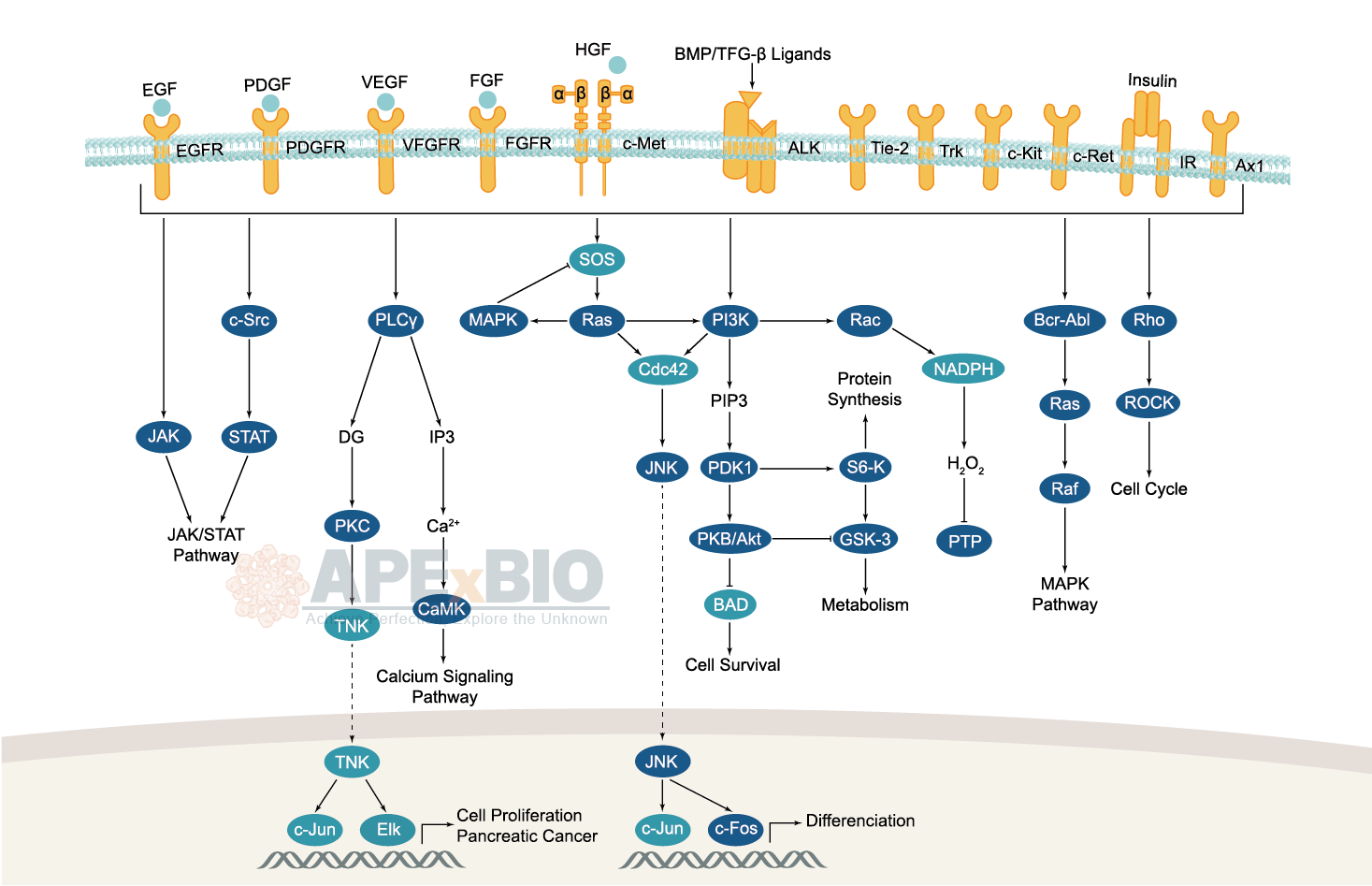
Receptor tyrosine kinases bind to extracellular ligands/growth factors, which promotes receptor dimerization and autophosphorylation of receptor tyrosine residues. This triggers a cascade of downstream events through phosphorylation of intracellular proteins that ultimately transduce the extracellular signal to the nucleus, causing changes in gene expression. Receptor tyrosine kinases include EGFR/ErbB, PDGFR, VEGFR, FGFR and MET subfamilies etc. Dysfunctions in tyrosine phosphorylation are linked to oncogenic transformation. In additions, various adaptor and effector proteins couple to carboxy-terminal of an active kinase. For instance, binding of the GRB2 adaptor protein activates EGFR and MAPK/ERK signaling.
Non-receptor tyrosine kinases involve many well-defined proteins (e.g. the Src family kinases, c-Abl, and Jak kinases) and other kinases which regulates cell growth and differentiation. For example, Src family kinases are curial for activating and inhibitory pathways in the innate immune response.
-
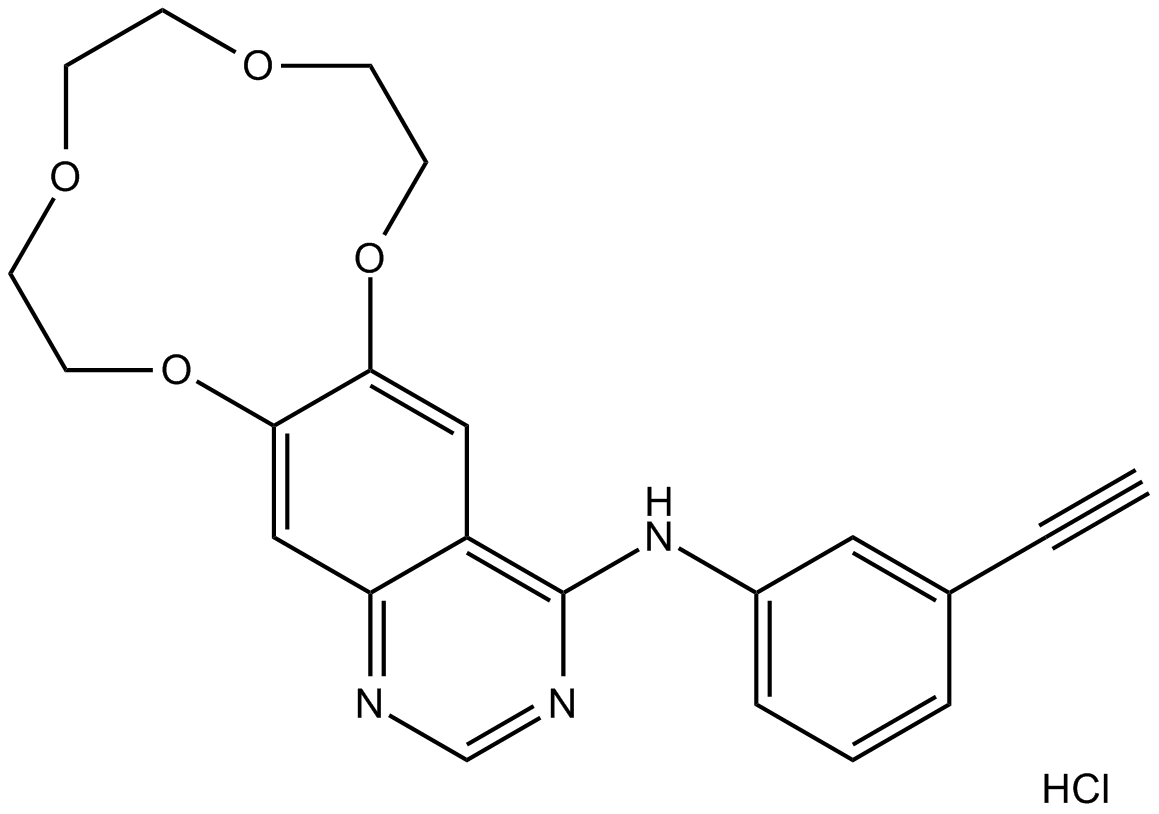 A3482 Icotinib HydrochlorideSummary: EGFR inhibitor,potent and specific
A3482 Icotinib HydrochlorideSummary: EGFR inhibitor,potent and specific -
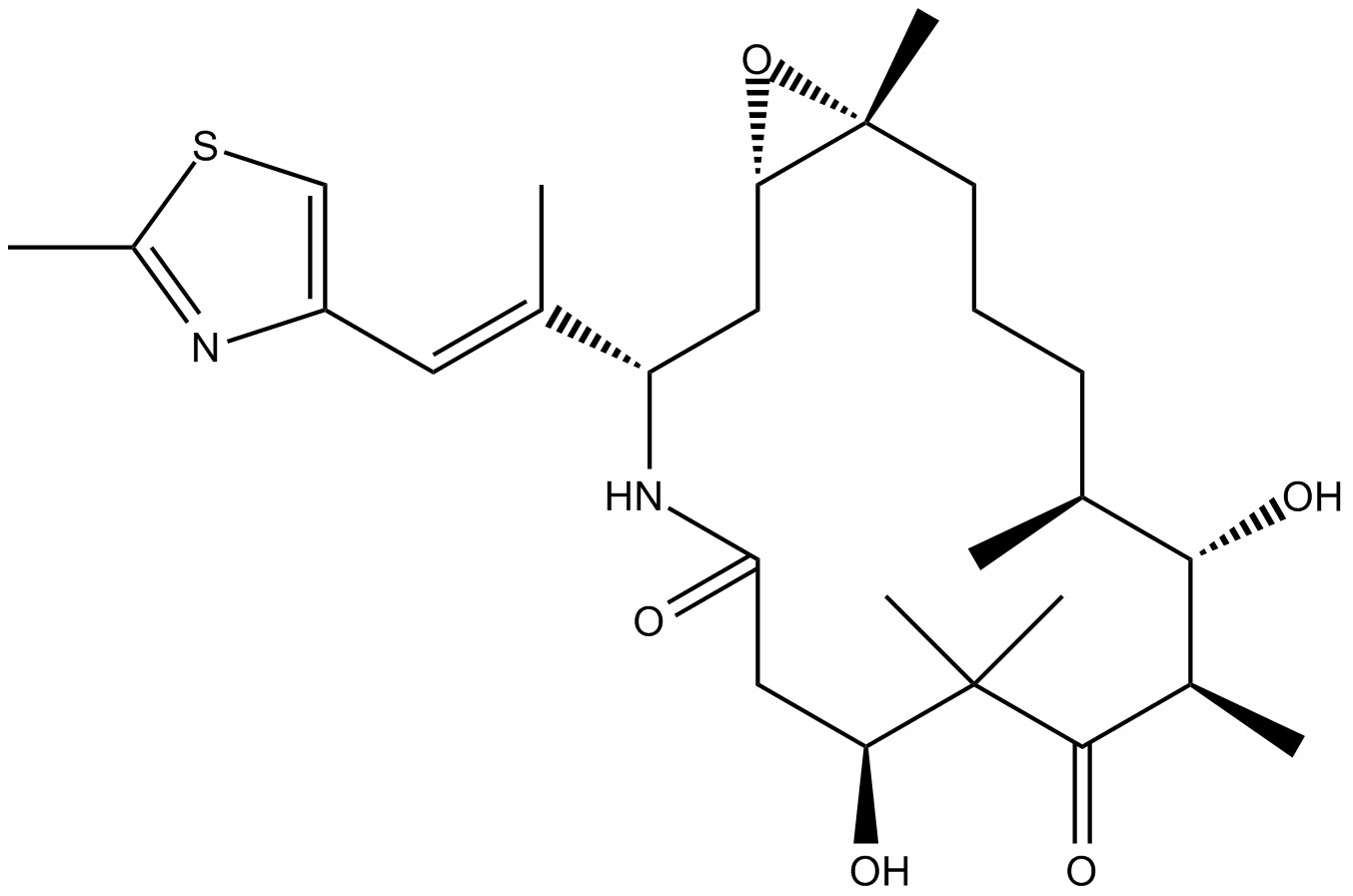 A3513 IxabepiloneSummary: Epothilone B analog;microtubule-stabilizing agent
A3513 IxabepiloneSummary: Epothilone B analog;microtubule-stabilizing agent -
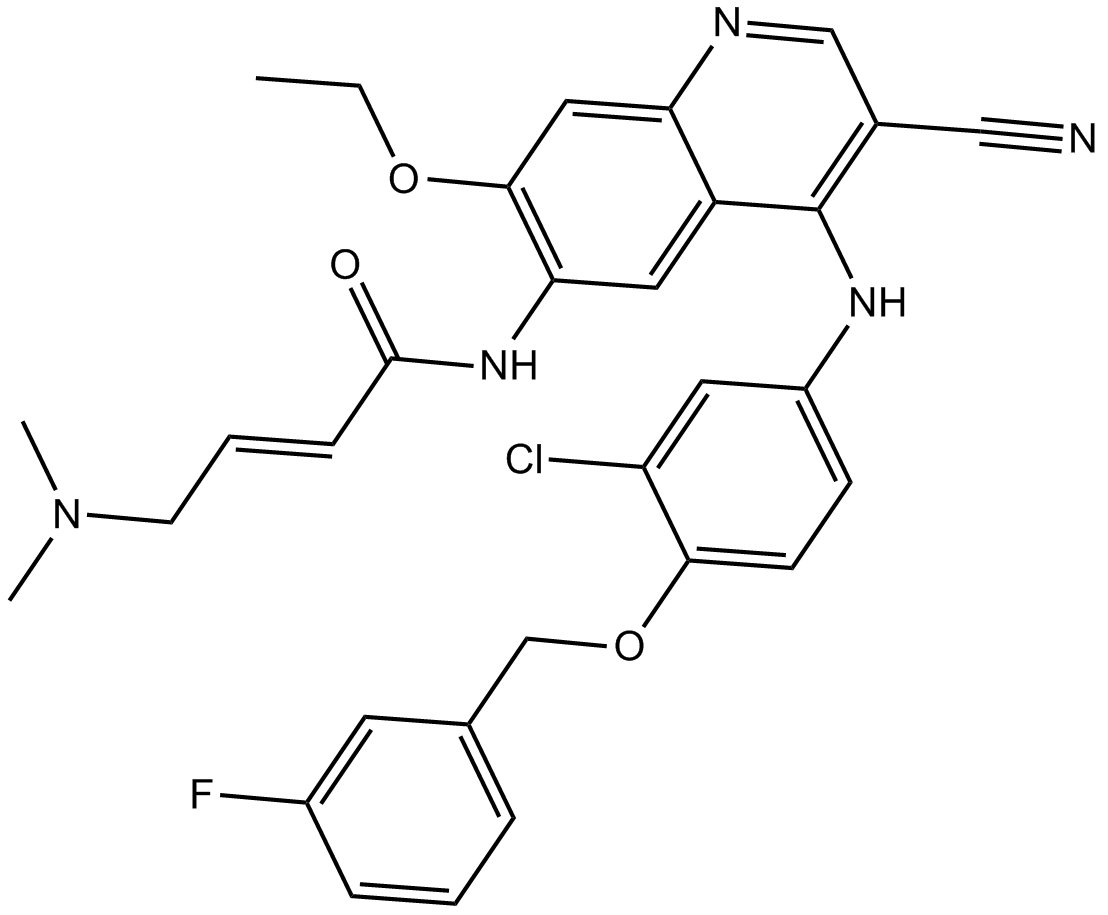 B5456 HKI 357Summary: irreversible inhibitor of ErbB2 (HER2) and EGFR
B5456 HKI 357Summary: irreversible inhibitor of ErbB2 (HER2) and EGFR -
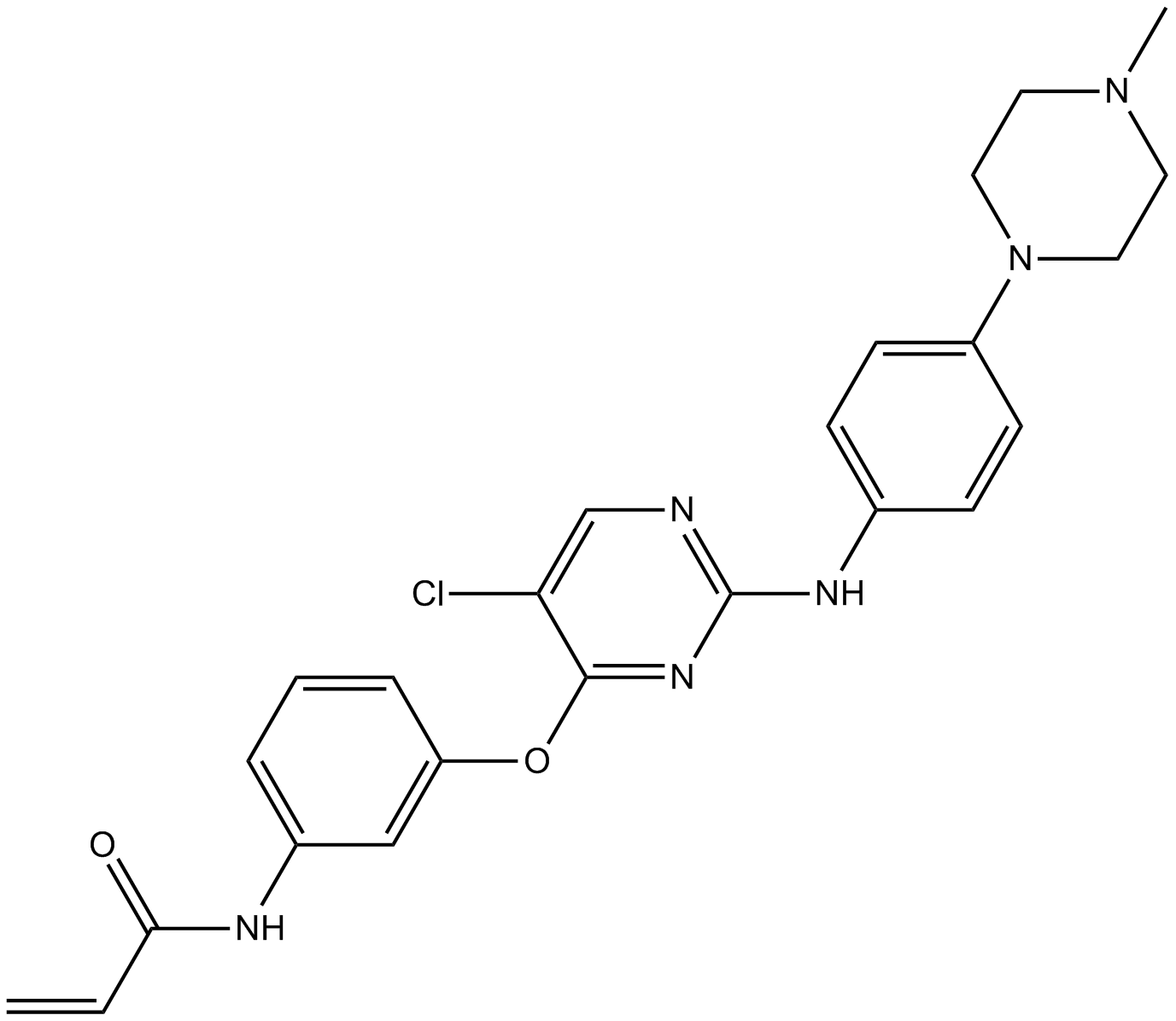 A8881 WZ3146Summary: Mutant EGFR inhibitor, potent and irreversible
A8881 WZ3146Summary: Mutant EGFR inhibitor, potent and irreversible -
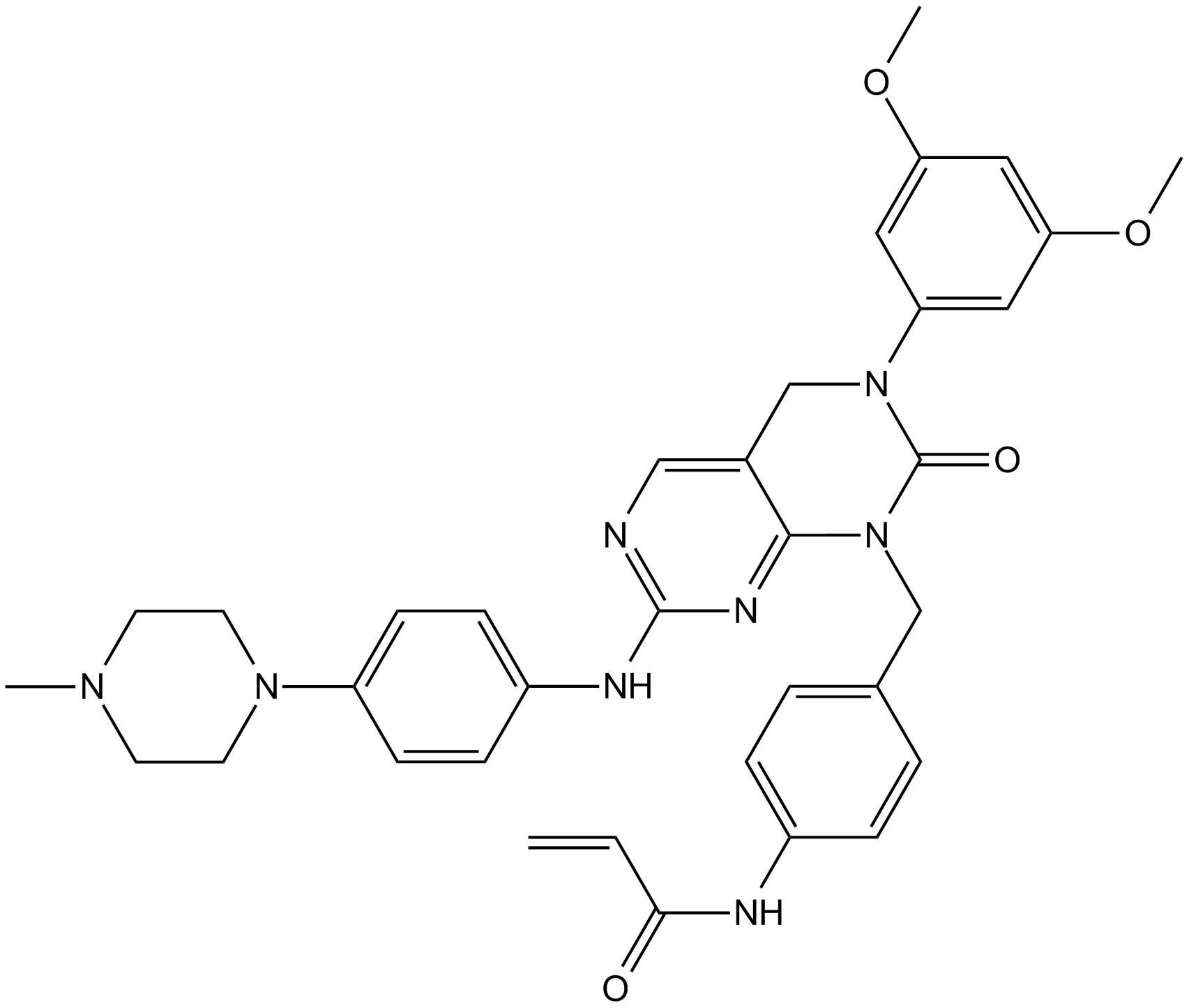 A8696 FIIN-2Target: FGFRSummary: Irreversible inhibitor of FGFR
A8696 FIIN-2Target: FGFRSummary: Irreversible inhibitor of FGFR -
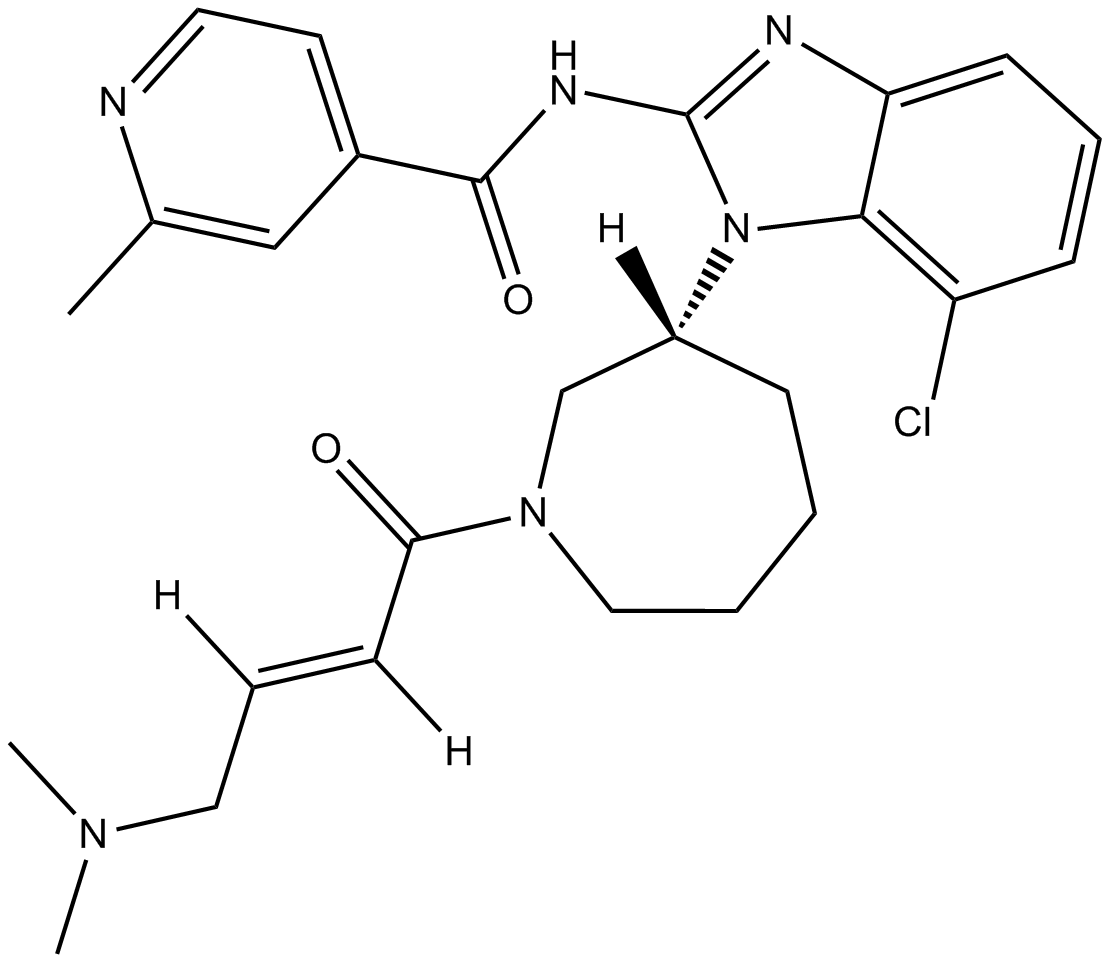 B5889 EGF8162 CitationTarget: EGFRSummary: Novel covalent inhibitor of mutant-selective EGFR
B5889 EGF8162 CitationTarget: EGFRSummary: Novel covalent inhibitor of mutant-selective EGFR -
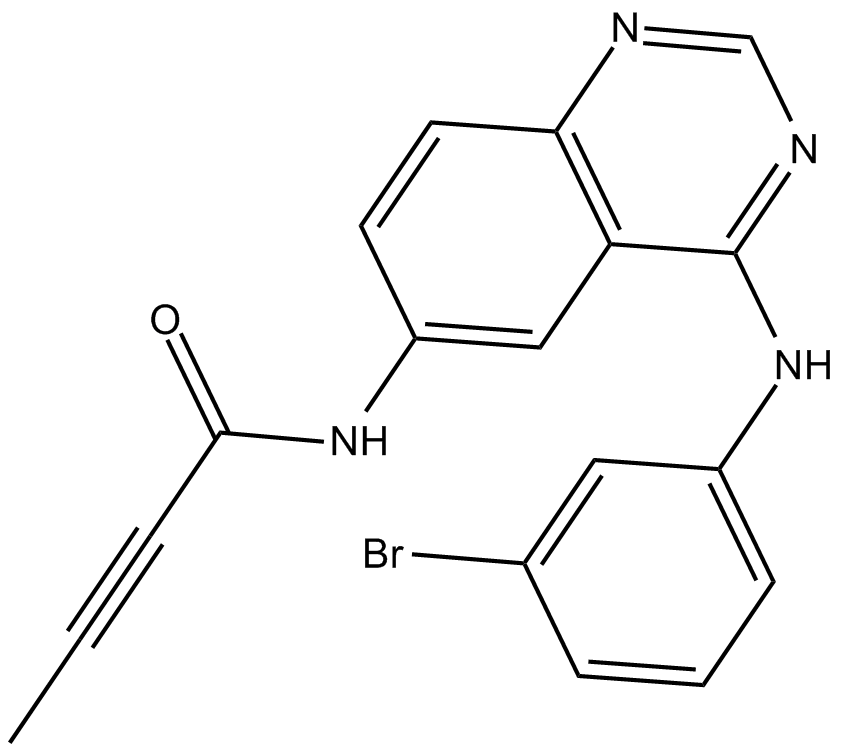 B5899 CL-387785 (EKI-785)Summary: Irreversible inhibiter of EGFR
B5899 CL-387785 (EKI-785)Summary: Irreversible inhibiter of EGFR -
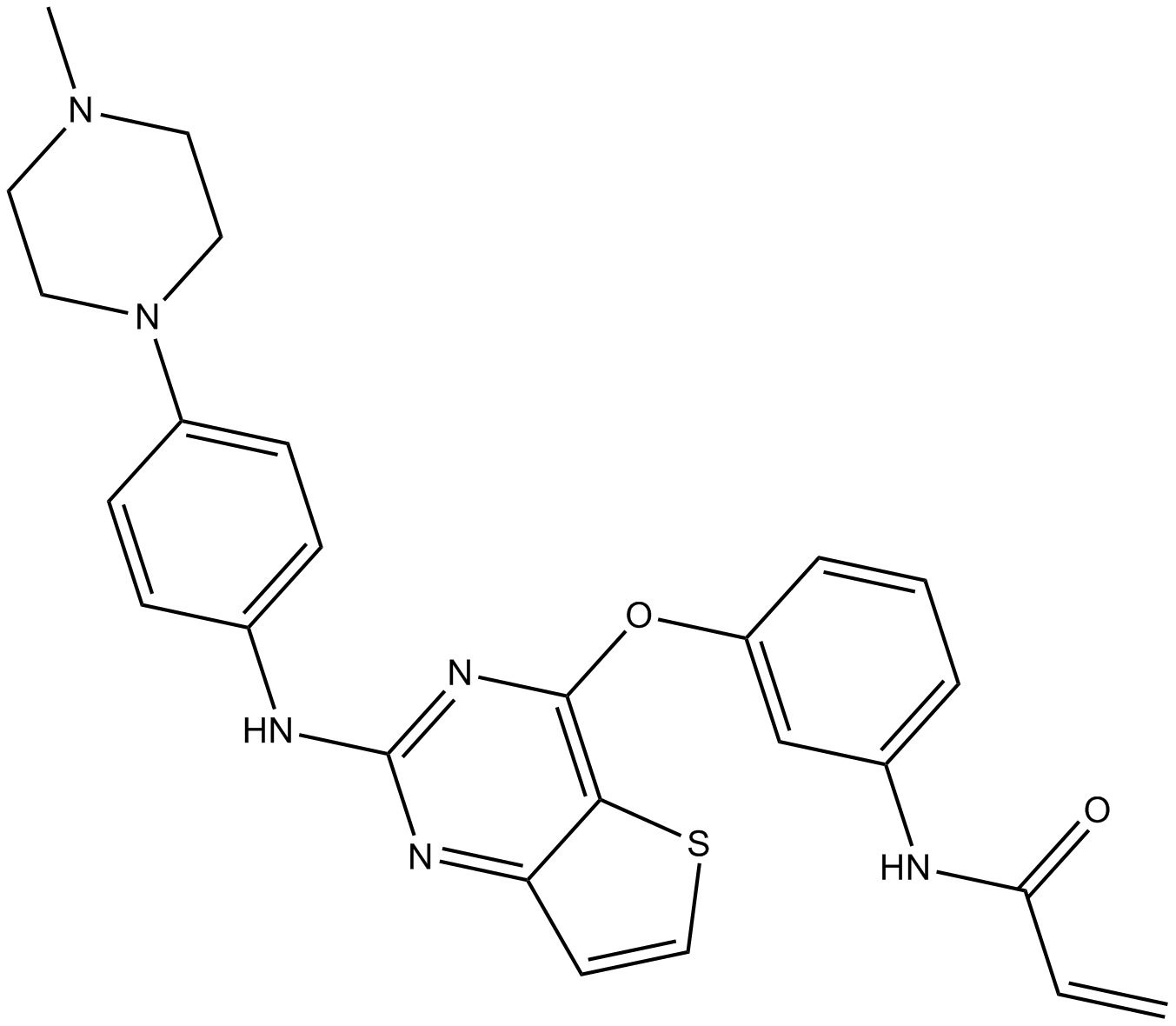 B7813 Olmutinib (HM61713, BI 1482694)Summary: EGFR mutant-specific inhibitor
B7813 Olmutinib (HM61713, BI 1482694)Summary: EGFR mutant-specific inhibitor -
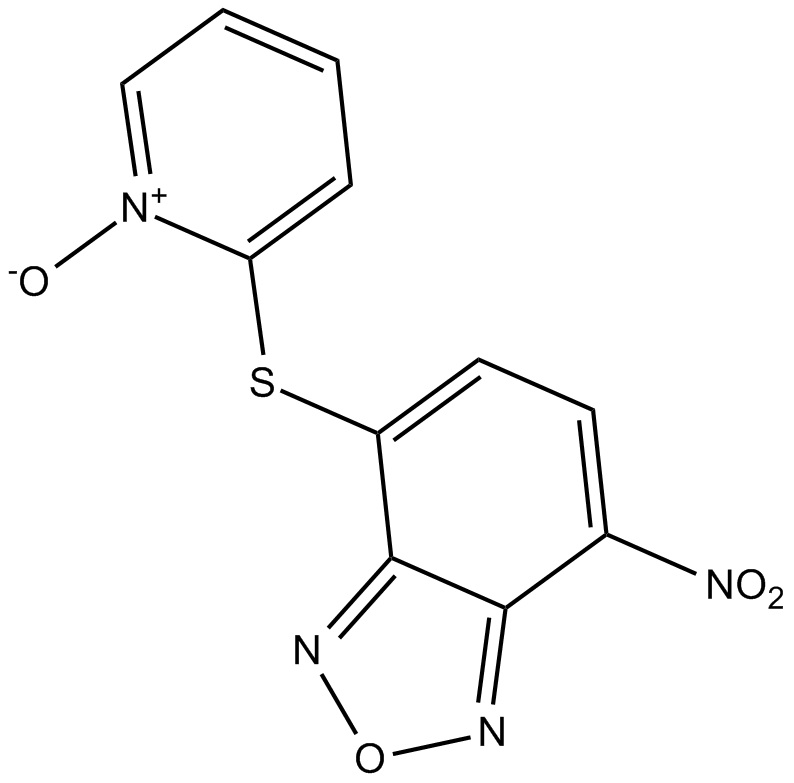 B7815 NSC228155Summary: EGFR activator
B7815 NSC228155Summary: EGFR activator -
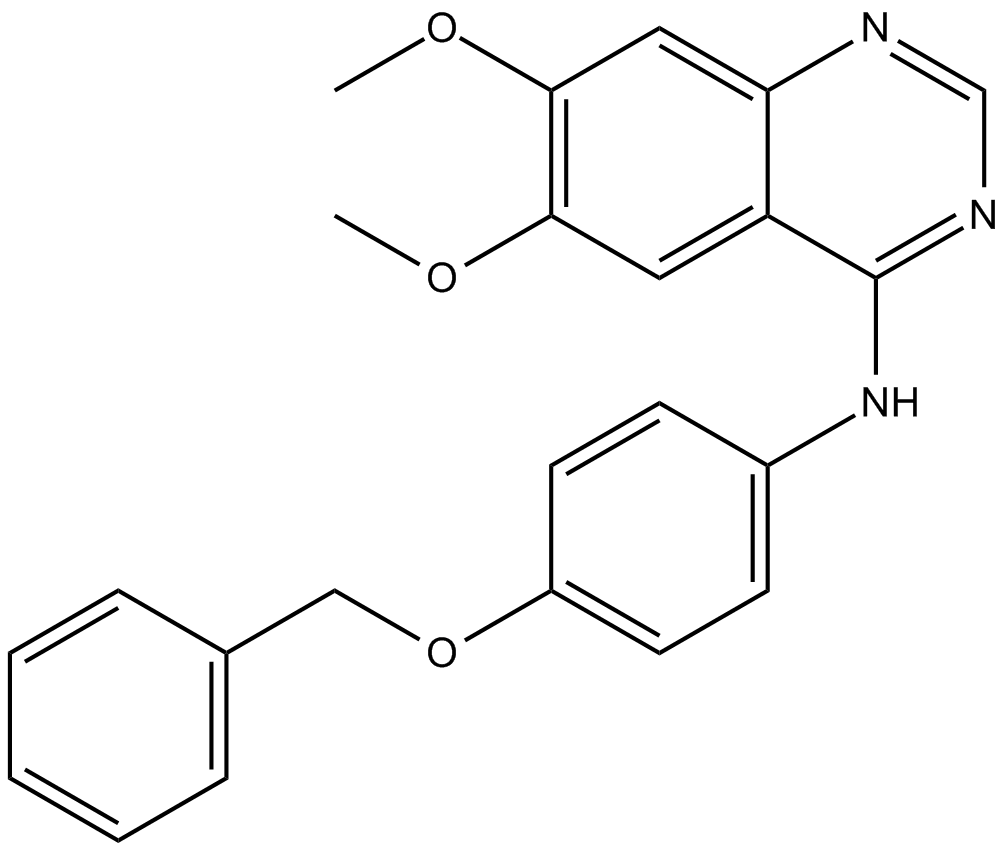 C3285 EGFR/ErbB2 InhibitorSummary: EGFR and c-ErbB2 inhibitor
C3285 EGFR/ErbB2 InhibitorSummary: EGFR and c-ErbB2 inhibitor

